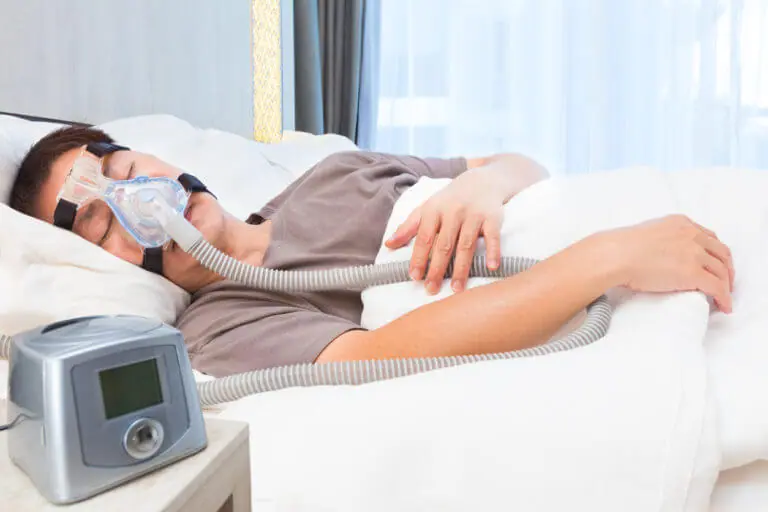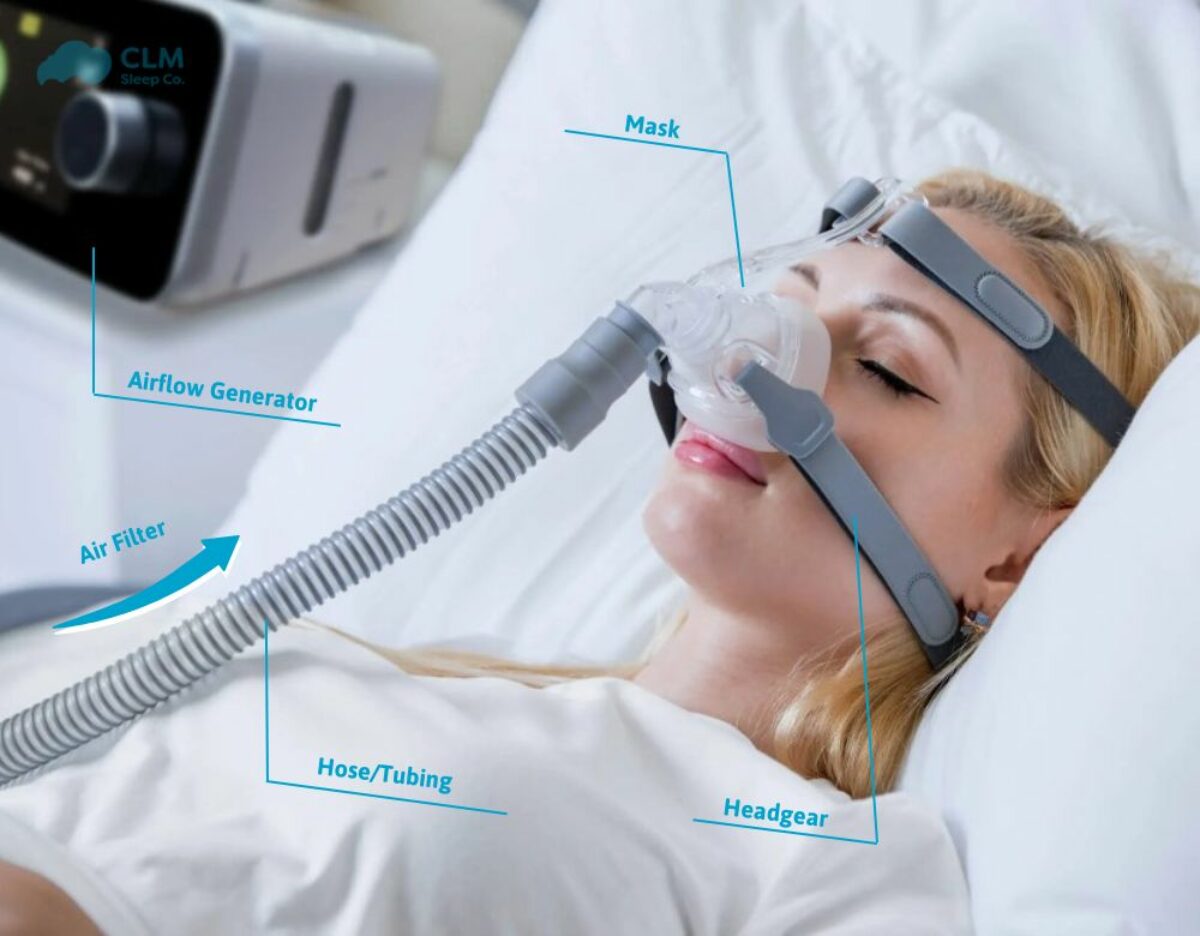Should You Purchase or Rent a CPAP Device? Trick Aspects to Think About
Navigating the decision in between acquiring or renting out a CPAP maker can be an intricate venture. The financial implications, insurance policy coverage, maintenance duties, and specific medical needs all aspect into this important option.
Understanding Sleep Apnea and the Role of CPAP Machines
Sleep apnea, a rest problem that influences millions around the world, is identified by repeated pauses in breathing throughout rest. Enter the Continual Favorable Airway Stress (CPAP) machine - a typical treatment for sleep apnea. The CPAP equipment works by gently blowing pressurized air via the airway at a constant stress, successfully keeping the throat open and permitting for unlimited breathing.
Reviewing the Price: Purchasing vs. Renting Out a CPAP Maker

Exactly how does one make a decision in between acquiring or renting a CPAP device? The cost of a new CPAP equipment can range from $500 to $3000, depending on the model. In the end, the selection in between buying or renting a CPAP equipment should mirror specific economic capacity and personal preferences.
The Role of Insurance Policy Coverage in Your Decision

Insurance insurance coverage plays a significant function in the decision to purchase or rent out a CPAP maker. Insurance insurance coverage can dramatically minimize out-of-pocket expenses, making CPAP treatment a lot more budget-friendly. It's crucial to consider the duty of insurance policy coverage when determining whether to acquire or rent a CPAP equipment.
Upkeep and Maintenance: What to Expect With Possession vs. Rental
When taking into consideration the acquisition or rental of a CPAP device, comprehending the responsibilities connected with its upkeep and maintenance is vital. Ownership entails a full responsibility for the maker's care, which includes cleansing, replacing components, and troubleshooting. These tasks not just need effort and time, however also incur additional prices. Alternatively, rental agreements typically include maintenance services (cpap machine for rent). Consequently, renters can anticipate to have their equipments routinely serviced by specialists, which can dramatically minimize their personal obligation and supply assurance. However, they may be liable for problems beyond regular deterioration. Plainly, the decision to purchase or rent out a CPAP equipment surpasses first cost considerations, including the problem of maintenance.
Personalized Medical Requirements: How Your Problem Dictates Your Option
For many individuals using a CPAP maker, their specific medical condition mostly identifies whether buying or leasing is a more feasible alternative. Those with chronic sleep apnea, needing lasting use, may locate buying to be economical in the long run. Alternatively, patients requiring the equipment on a short-lived basis, as a result of short-term health and wellness problems, may locate leasing even more monetarily practical and functional. Additionally, the seriousness and nature of the problem could require certain maker attributes. In such instances, buying a personalized device can be useful. However, frequent changes in the patient's problem, bring about modifications in equipment specs, could prefer leasing. Inevitably, the view it selection between acquiring or leasing a CPAP machine ought to be directed by the individual's distinct clinical demands.
Conclusion

Reviewing the Cost: Purchasing vs (cpap machine for rent). Leasing a CPAP Maker
Insurance policy insurance coverage plays a significant role in the decision to purchase or lease a CPAP maker. It's vital to take into consideration the role of insurance coverage when choosing whether to purchase or lease a CPAP device.
Clearly, the decision to purchase or rent a CPAP device goes beyond first cost read this considerations, extending to the concern of maintenance. (cpap machine for rent)
In conclusion, the choice to purchase or lease a CPAP maker hinges on various variables consisting of price, insurance protection, maintenance duties, and individual clinical demands.